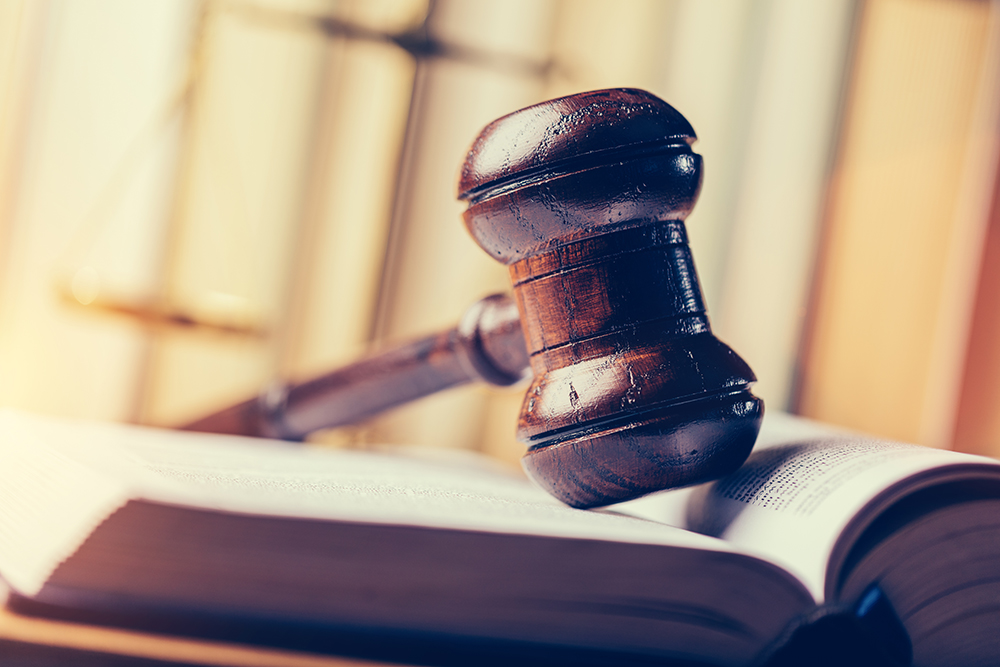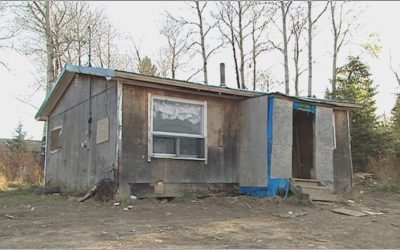In an astonishing ruling the Canadian Human Rights Tribunal has ordered the federal government to distribute at least $2 billion to Indigenous family members who had children apprehended from reserve homes between 2006 and the present day. If the government follows the tribunal’s direction, what is already mountain of debt, with repayment plus interest left to rely on tax-payers’ earnings and savings, will grow again.
This unelected Tribunal finds that the federal government discriminates against Indigenous children and families – even to today – by not providing enough money for Indigenous child welfare services. This is a preposterous ruling: one that must be vigorously appealed.
The federal government already annually distributes about $20 billion to meet Indigenous needs. The great majority of that enormous money transfer goes to the approximately 1.5% of Canada’s population who live on reserves (First Nations). Within that sea of money includes services related to the needs of Indigenous children.
Before accounting for this new $2 billion demand, Ottawa already subsidizes each reserve family to the tune of more than $100,000 per family per year. Not satisfied, now the taxpayer paid lawyers arguing for Indigenous advocates convinced the tribunal that this is not enough – money that in the end is taken from the wallets of Canada’s working people to pump into a very dysfunctional system.
Bear in mind that in the overwhelming number of Indigenous child welfare cases it is the addiction issues of the biological parents that drive child welfare workers to apprehend their children. (Alcohol and an array of other drugs are part of this dismal picture.). Astoundingly, this bizarre tribunal ruling would reward those same irresponsible addicted parents with a windfall of money. There is no logic in this, at all.
And what is the human rights tribunal doing demanding billions of dollars in the first place? Human rights tribunals were put in place on the theory that some citizens – especially minorities – needed special protection. Through the tribunal workplace, harassment and similar complaints were to have an inexpensive and expedient forum. Lawyers and expensive court actions were not necessary. Nowhere in the debates leading up to the establishment of statutory human rights tribunals was there any suggestion that the tribunals would have the power to dig this deep and aggressively into taxpayers’ wallets.
This tribunal completely overstepped its bounds.
Tribunals are composed of government appointed people, political appointees not judges (they don’t even have to be lawyers). No one on this tribunal has special expertise in either child welfare jurisprudence or knowledge and expertise on Indigenous issues. Their opinions on this particular case are no better than the opinions of any other citizen.
Just as concerning is the fact that increasingly those appointed to these tribunals are ideologues and advocates, and not impartial adjudicators. Decisions involving the potential spending of billions should be made by our elected representatives in Parliament, not by statutorily created bodies staffed by unelected and biased political appointees.
It is time to ask questions about human rights tribunals. Are they necessary, do they more harm than good?
Consider another case of a tribunal off the tracks. The B.C. Human Rights Tribunal is proceeding with a case where a biological man, preferring to be treated as a female, was refused to have his genitals waxed by a number of women. The women have a perfect right to refuse, as any reasonable person would agree. Yet, the ideologically hidebound B.C Human Rights Tribunal, instead of dismissing this clearly frivolous complaint, is forcing these bewildered women to defend their actions at hearings at their own expense.
A reasonable tribunal would have summarily dismissed such a vexatious complaint.
Extreme thinking on the part of people chosen to be human rights commissioners is becoming increasingly common right across the country. Free speech advocates Mark Steyn and Ezra Levant have been dragged by human rights tribunals through years of pointless litigation, forced to spend huge amounts of their own money to defend their basic right of free speech. Many other such abuses have occurred at the hands of overzealous tribunals. This is not the protection of human rights – it is the opposite.
It is time to ask whether these tribunals are necessary, or if they are just an expensive annoyance. There are no such bodies in most other democratic countries. When a tribunal with neither child welfare expertise nor Indigenous expertise has the arrogance to demand $2 billion from taxpayers, already reeling from taxpayer funded claims from other special interest groups, it is time to look at disbanding these bodies and have all mega buck issues back where they belong – before our elected representatives.
It is bad enough that courts are routinely deciding on billion dollar issues that our elected representatives have found it convenient to duck by dumping them onto the courts. Courts are there to interpret law, and redistributing the nation’s wealth is not something they are competent to do. But now we have unelected and highly ideological human rights tribunals taking it upon themselves to sidestep our elected representatives completely, and enter the money redistribution game.
The continued existence of these tribunals should be debated. If it is decided that there is still a need for them at all, strict limits should be placed on their ability to order compensation and ways found to ensure the selection of less doctrinaire members.



